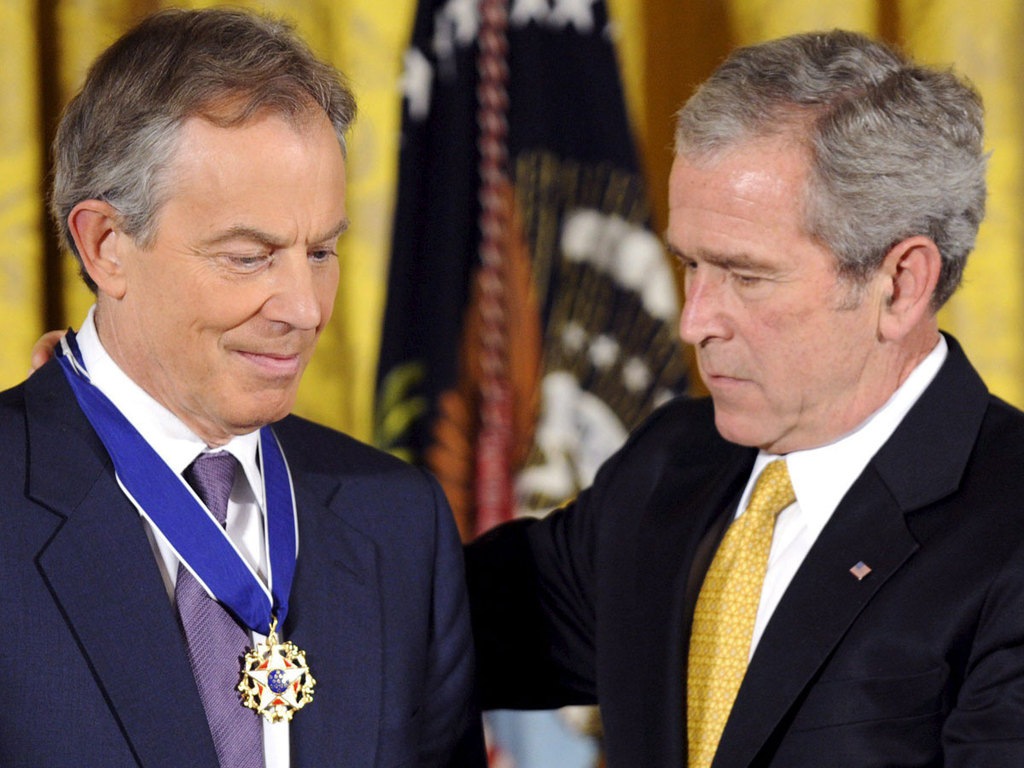http://www.independent.co.uk/news/uk/politics/apathy-alienation-how-disengaged-four-in-ten-voters-reject-all-parties-8940389.html
Four in 10 people are “alienated” from Britain’s political parties and say they will not consider voting for any of them, according to new research.
Young adults are even more “disengaged” from the party system, with 46 per cent of under-30s saying “none of the above” when presented with a list of the parties. Although the polling does not mean people are apathetic about politics, the anti-sleaze watchdog which commissioned it believes the findings pose worrying questions about the future of democracy in Britain.
Surprisingly, the survey suggests public scepticism is not confined to the Conservatives, Labour and the Liberal Democrats but extends to the smaller parties likely to win “protest votes”. People were given the option of choosing the three main parties; the UK Independence Party, the Green Party, the British National Party, Respect, another un-named party; no party or saying “don’t know.” The survey of 1,900 people was carried out by TNS-BRMB for the Committee on Standards in Public Life.
Lord (Paul) Bew, the crossbench peer who chairs the committee, told The Independent today: “One particular cause for concern from the research is the number of people, especially young people, who feel disconnected from the political system and political parties.”
He said the growth in the size of this group over the last 10 years represents a real challenge to politicians, parties, local organisations and community groups to provide the public with a sufficiently attractive and relevant set of options to choose from. However, Lord Bew added: ” Public perception is not static – it can improve in response to events in the public sphere. That requires public office holders to be seen to be demonstrating the seven principle of public life – selflessness, accountability, objectivity, integrity, honesty and leadership.” [7?]
In its summary of the findings, the committee, said that for the 40 per cent “disconnected” or “alienated” from party politics “hold sceptical or deeply sceptical perceptions of standards and do not trust those in public life.” It warned that “an entrenched political disenchantment…appears to have acquired a growing foothold in the British public” and recommended further research into whether this “harbours the potential for rejection of the system of representative democracy and for democratic norms.”
…
[It’s clearly actual not potential. Politicos seem scared of revo but can’t bring themselves to admit it or that they’re at fault.]
12.50 This rejection of demockracy seems reasonable on reflection: their experience has shown them that democracy is a sham.
Involvement in Neo-Con invasions against the clearly stated wishes of the population, the expenses scandal, politicians lying to achieve power e.g. the NHS, student fees and the Education Support Allowance, VAT, etc. We have a government that has viciously attacked the NHS without a mandate, etc.
It would be unreasonable to expect support for so-called representative democracy.
1pm There is widespread support for nationalisation of national infrastructure e.g. trains and energy, while this is simply not on the agenda of Neo-Liberal politicians of the indistinguishable Neo-Liberal parties. People are denied the opportunity to vote for a party that expresses their views and values.
27/11/13 Having received a takedown notice from the Independent newspaper for a different posting, I have reviewed this article which links to an article at the Independent’s website in order to attempt to ensure conformance with copyright laws.
I consider this posting to comply with copyright laws since
a. Only a small portion of the original article has been quoted satisfying the fair use criteria, and / or
b. This posting satisfies the requirements of a derivative work.
Please be assured that this blog is a non-commercial blog (weblog) which does not feature advertising and has not ever produced any income.
dizzy
